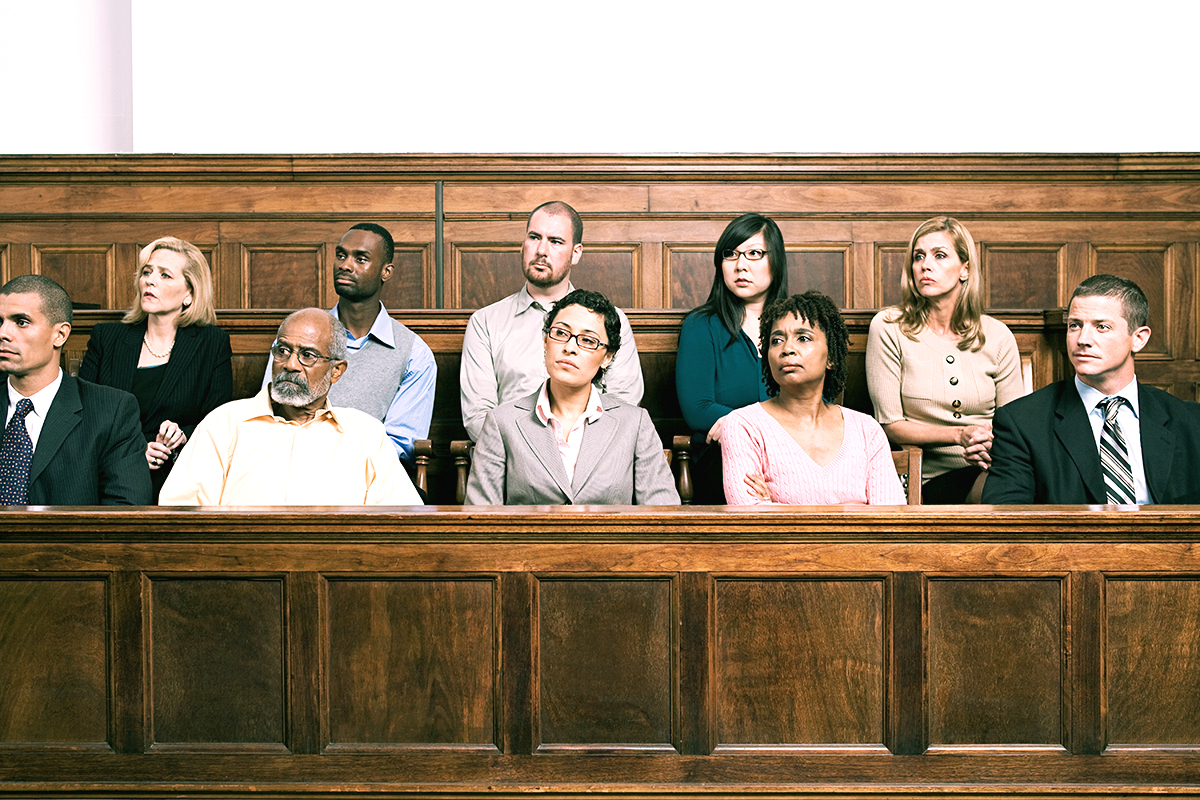How Personal Stories Shape Juror Perceptions in Legal Battles
Posted in Accident & Injury, Health & Wellness on August 9, 2023

In legal battles, one of the most intriguing and perhaps unpredictable elements lies in the hands of a group of individuals who often remain unknown until the moment of truth arrives: the jurors. These everyday citizens are entrusted with the significant responsibility of deciding the outcome of a case. These eight diverse strangers hold the power with your personal injury case to determine your compensation or lack thereof, resembling a high-stakes gamble.
Exploring Personal Narratives
When you step into the courtroom, you are placing your fate in the hands of these jurors. Contrary to popular belief, character is not solely defined by occupation, material possessions, or financial success. In the eyes of jurors, character traits hold more value than we might think when evaluating a personal injury case. Imagine a scenario where an individual is grappling with disabilities that restrict their ability to work. Yet, they find purpose in part-time employment, babysitting grandchildren, or volunteering for a charitable cause. These personal stories play a pivotal role in shaping the jury’s perceptions.
Take, for instance, an Elk + Elk case where a plaintiff’s life was marred by health issues and a difficult divorce, ultimately leading to disability. Amid these challenges, the plaintiff’s daily routine included walking along the Cuyahoga County Foot Path and meticulously picking up trash to enhance the experience for others. While this act might appear trivial, it became a testament to the plaintiff’s character, showcasing their determination and compassion. Such anecdotes, shared during the trial, help humanize the plaintiff, allowing jurors to connect on a deeper level, rendering them more receptive to the narrative.
Gaining Trust Through Likeability
The journey to swaying juror opinions is a multi-step process. First comes likability – a crucial factor that can pave the way for trust. Once jurors warm up to you as a plaintiff, a foundation of trust is established. At this point, jurors are more inclined to lend credibility to your story, making it easier to empathize.
It’s not just about the job you hold or the material possessions you own; it’s about the stories that define you – the moments where you demonstrated resilience, compassion, and determination. These tales serve as the building blocks of a compelling case that can sway the hearts and minds of the jurors. Jurors, as the ultimate decision-makers, seek genuine connections that make them believe in your story.
When you step into that courtroom, remember that you’re not just presenting a case; you’re unveiling the essence of who you are and the journey that has shaped you.